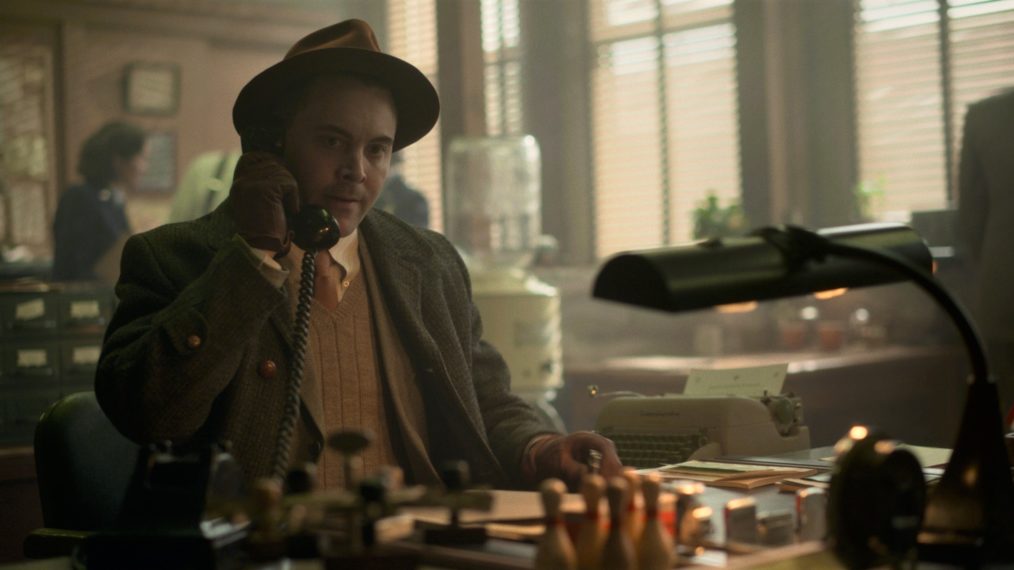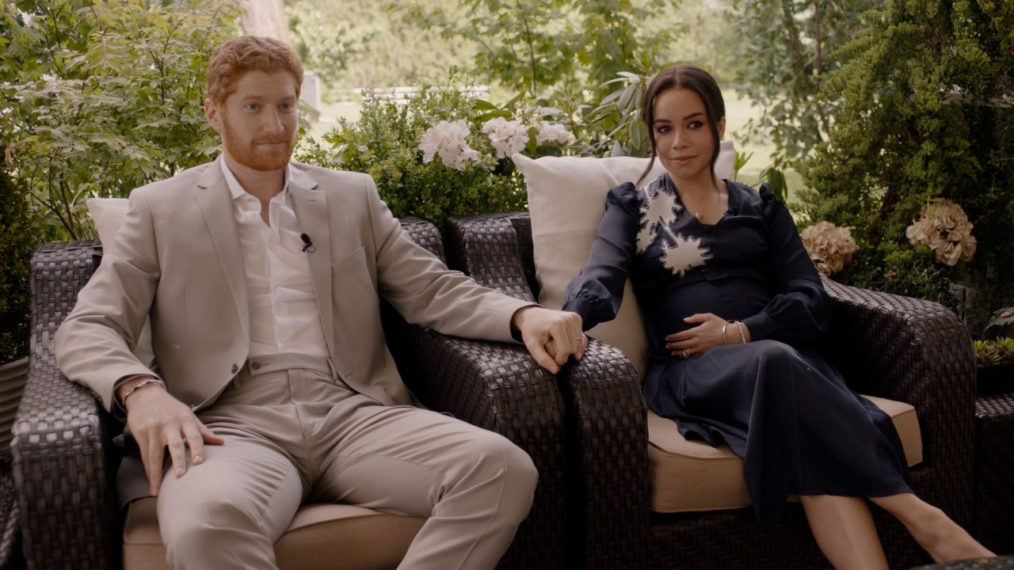#Billy Packer, Provocative College Basketball Broadcaster, Dies at 82

Table of Contents
Billy Packer, Provocative College Basketball Broadcaster, Dies at 82
Billy Packer, whose caustic style and sharp insights as college basketball’s premier television analyst generated compliments as well as criticism for more than three decades, has died. He was 82.
Packer died of kidney failure after being hospitalized for the past three weeks in Charlotte, North Carolina, his son Mark told the Associated Press.
The Packer Family would like to share some sad news. Our amazing father, Billy, has passed. We take peace knowing that he’s in heaven with Barb. RIP, Billy. 🙏🏻 pic.twitter.com/uFRixmgCcd
— Mark Packer (@MarkPacker) January 27, 2023
From 1975-2008, Packer was a fixture on NCAA Tournament telecasts for NBC and then CBS. He also covered Atlantic Coast Conference games for Raycom Sports and received a Sports Emmy Award in 1993.
Packer’s basketball acumen was developed at Wake Forest University, where he led the Demon Deacons to the 1962 Final Four as a heady 5-foot-9 point guard who averaged 14 points. He was an assistant coach at the school for five years before beginning his career as a broadcaster in 1972 in Raleigh, North Carolina.
At NBC, Packer teamed with play-by-play announcers Curt Gowdy and Dick Enberg on college broadcasts, often working with fellow analyst Al McGuire. When he moved to CBS in 1981, his telecast partners included Brent Musburger, Jim Nantz, Verne Lundquist and Enberg.
At times, Packer found himself on the defensive for his candid on-air approach. He could also take an unconventional stance away from his broadcasts, once hiring a psychic to find the weapon used in the O.J. Simpson murder case.
Packer also helped assemble a legal defense fund for accused 1996 Olympic bomber Richard Jewell. A few months later, federal authorities cleared the Atlanta security guard of all charges.
During a 1996 game between Villanova University and Georgetown University, Packer referred to Hoyas standout guard Allen Iverson as a “tough monkey.” He apologized, even though Iverson and Georgetown coach John Thompson, both African Americans, said they were not offended by the on-air remark.
In 2000, when entering Duke’s Cameron Indoor Stadium, Packer was asked by some female students to show his press pass. His alleged response: “Since when do we let women control who gets into a men’s basketball game? Why don’t you go find a women’s game to let people into?”
Once again, Packer said he was sorry.
Undeterred, Packer continued to make news with provocative views. In 2005, he credited subpar lighting at Allen Fieldhouse as a factor in the University of Kansas’ success on its home floor. A year later, he ripped NCAA Tournament officials for including several mid-major teams at the expense of worthy schools from larger conferences.
In a semifinal game at the 2008 Final Four, Kansas raced to a 38-12 advantage against North Carolina, prompting Packer to declare, “This game is over.” The contest was just 13 minutes old. The Tar Heels rallied to within four points midway through the second half before the Jayhawks pulled away for an 84-66 triumph.
Although his premature assessment might have prompted some CBS viewers to change the channel, Packer this time was unapologetic. “My job is to say what I see, not have some kind of subconscious feelings about offending anybody,” he said.
A little more than three months later, CBS announced that Clark Kellogg would replace Packer, ending his 27-year run as the network’s lead college basketball analyst. “The decision was made with myself and CBS over a year ago,” Packer said. “Their timing to announce it is their business.”
Packer said he was happy for Kellogg, a former star at Ohio State who had worked at CBS for 16 years. “I have had a chance to broadcast most of the great games since college basketball got on national television, and I’m not interested in broadcasting any more games,” he said.
Packer left an indelible mark on college hoops upon his departure.
“The only word to describe Billy is a giant,” former Big East commissioner Mike Tranghese said then. “His passion for the game and presenting it the way he presented it is, I think, unrivaled. This creates an incredible void.”
He was born Anthony William Paczkowski in Wellsville, New York, on Feb. 25, 1940. His father, Tony, was the head coach of Lehigh University’s men’s basketball team from 1950-66. The family changed the Polish surname to Packer before Billy attended Liberty High School in Bethlehem, Pennsylvania.
He always wanted to play basketball at Duke, so his dad called the school to tell them his son was on the way.
“He gets on the phone and tells me that Duke is trying to decide between me and another guy; they’ll let me know in a few weeks,” Packer recalled. “I said call them back and tell them I’m going to Wake Forest and [going to] beat that kid. My mother said you don’t know anything about Wake Forest. I said I know they play Duke, and that’s why I’m going [there].”
Packer joined NBC in 1975 to replace Tommy Hawkins as the lead college basketball analyst alongside Gowdy.
In place at NBC from 1977-81, the Enberg-Packer-McGuire tandem — they worked the landmark 1979 title game between Magic Johnson’s Michigan State University and Larry Bird’s Indiana State University — was hailed as one of the game’s best ever.
“We really did look at basketball in different ways,” Packer said of former Marquette University coach McGuire in a 2017 interview. “People actually thought we didn’t like each other. But they thought it was neat to watch a game with us. Then people thought we prearranged the arguments. It was spontaneous.”
Packer was also a prolific author, combining with Roland Lazenby on 1985’s Hoops: Confessions of a College Basketball Analyst and 1987’s Fifty Years of the Final Four.
In a 2018 interview with Sports Broadcast Journal, Packer acknowledged that he hadn’t attended a basketball game or watched one in its entirety in the decade since he and CBS parted ways.
Packer was proud of his disdain for social media. He said he didn’t own a computer, a Twitter account or an email. His cellphone was used only for emergencies.
The first NCAA Tournament that Packer worked as a TV analyst concluded with John Wooden’s final championship at UCLA in 1975. Like Wooden, Packer shared a love for basketball fundamentals, so he was frustrated to see so many talented freshmen move on to the NBA instead of honing their skills on the college level.
“What people don’t understand is that the game has deteriorated greatly because there are no more great junior and senior players,” Packer said. “There’s no comparison between a freshman who has potential and a guy that’s played within a system for a major coach.”
Packer and his late wife, Barbara, were longtime residents of North Carolina, and two of their sons work in the media: Brandt Packer as a producer for Golf Channel and Mark as an ACC Network host.
Rest in Peace to the most incredible Dad, mentor and best friend. My entire life I always tried to emulate him – how to be a husband, father, to prep for a telecast, you name it, he was the bar for me. Just crushed. But we have peace knowing Billy is in Heaven tonight with Barb pic.twitter.com/xdM6pi2a2P
— Brandt Packer (@BPACKERVOLS) January 27, 2023
If you liked the article, do not forget to share it with your friends. Follow us on Google News too, click on the star and choose us from your favorites.
For forums sites go to Forum.BuradaBiliyorum.Com
If you want to read more Like this articles, you can visit our Social Media category.




